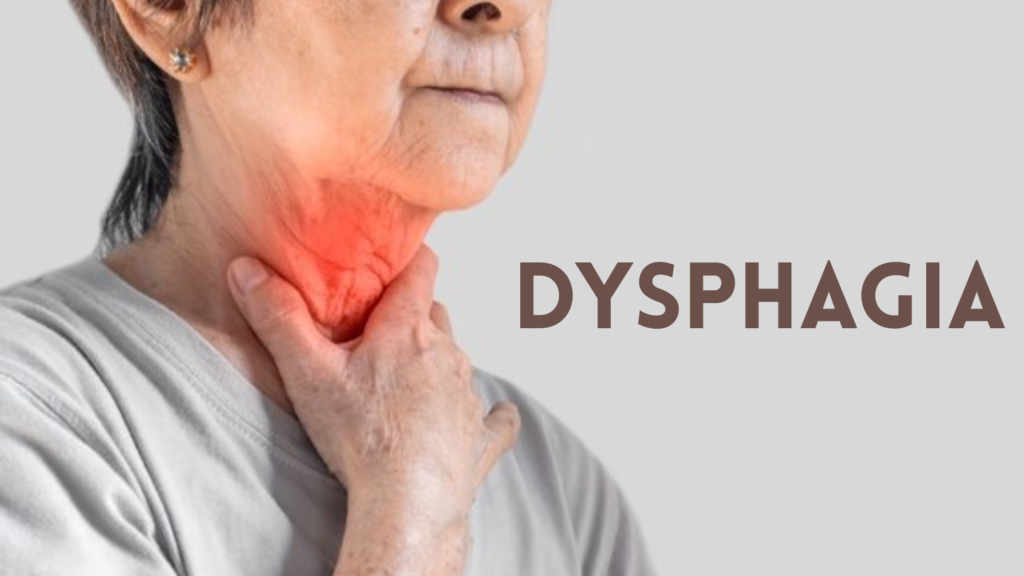🍽️ Dysphagia
Dysphagia is the medical term for difficulty swallowing. It can affect the ability to move food or liquids from the mouth to the stomach safely and comfortably.
🧬 Types of Dysphagia:
- Oropharyngeal Dysphagia (difficulty initiating a swallow)
- Problems in the mouth or throat (pharynx)
- Causes: neurological disorders, muscle weakness, structural abnormalities
- Esophageal Dysphagia (sensation of food sticking or delayed passage)
- Problems in the esophagus
- Causes: strictures, rings, tumors, motility disorders
🩺 Common Causes:
- Neurological disorders:
- Stroke
- Parkinson’s disease
- Multiple sclerosis
- Amyotrophic lateral sclerosis (ALS)
- Dementia
- Muscle disorders:
- Myasthenia gravis
- Muscular dystrophy
- Structural problems:
- Esophageal strictures or rings
- Tumors or masses
- Zenker’s diverticulum (pouch in the throat)
- Foreign body obstruction
- Inflammatory conditions:
- Esophagitis (acid reflux, infections)
- Radiation-induced injury
- Others:
- Aging-related changes
- Medication side effects
🩻 Symptoms:
- Difficulty starting to swallow
- Coughing or choking while eating or drinking
- Sensation of food sticking in the throat or chest
- Regurgitation of food
- Drooling or nasal regurgitation
- Weight loss or dehydration
- Recurrent pneumonia or chest infections (due to aspiration)
🔍 Diagnosis:
- Clinical history and physical exam
- Swallowing studies:
- Modified barium swallow (videofluoroscopy)
- Fiberoptic endoscopic evaluation of swallowing (FEES)
- Esophageal tests:
- Endoscopy
- Esophageal manometry
- Imaging (CT or MRI) if neurological cause suspected
💊 Treatment:
- Swallowing therapy with a speech-language pathologist
- Diet modifications (thickened liquids, soft foods)
- Medications to treat underlying causes (e.g., acid reflux, infections)
- Dilation procedures for strictures
- Surgery for structural abnormalities or tumors
- Feeding tubes in severe cases to ensure nutrition
